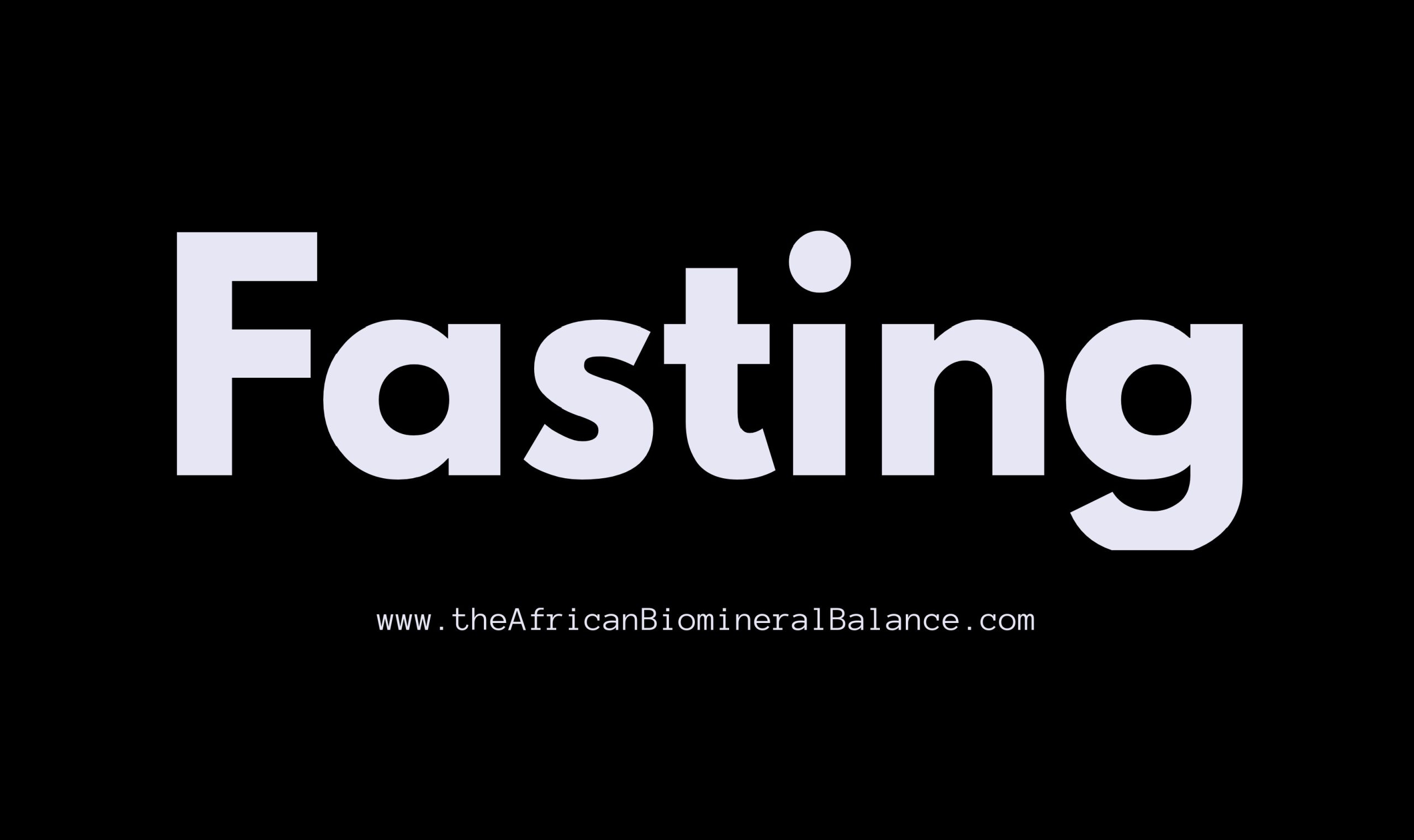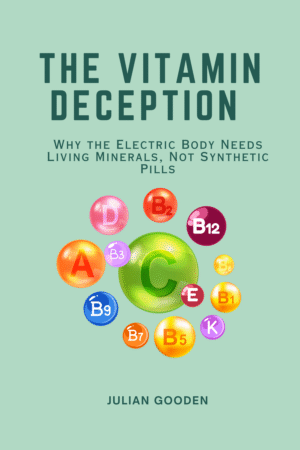What is fasting
Fasting is the voluntary abstention from food and/or drink for a set period of time. It can be done for various reasons, including religious or spiritual purposes, health benefits, or as part of a weight loss regimen. There are different types of fasting:
- Intermittent Fasting: Involves cycling between periods of eating and fasting, such as the 16/8 method (fasting for 16 hours and eating during an 8-hour window).
- Extended Fasting: Involves fasting for longer periods, such as 24, 48, or 72 hours.
- Religious Fasting: Observed in various religions, such as Ramadan in Islam, Lent in Christianity, or Yom Kippur in Judaism, each with specific rules and durations.
- Water Fasting: Only water is consumed during the fasting period.
- Juice Fasting: Only fruit or vegetable juices are consumed.
- Partial Fasting: Involves restricting certain foods or food groups while still eating other foods.
Fasting can have various effects on the body, such as improved metabolism, increased fat burning, and cellular repair processes.
Video: 10 Amazing benefits of fasting
Why did Dr. Sebi recommend fasting?
Dr. Sebi, a Honduran herbalist and healer, recommended fasting as part of his health principles for several reasons. Dr. Sebi often spoke about how he was able to restore his health due to fasting. After ninety-four days of fasting, he was cured of several health problems such as diabetes, obesity, and mental issues:
- Detoxification: Dr. Sebi believed fasting helps to cleanse the body of toxins and waste products, promoting better health and healing.
- Digestive Rest: By abstaining from food, fasting gives the digestive system a break, which could improve overall digestion and absorption of nutrients.
- Improved Cellular Health: Fasting supports cellular regeneration and repair processes. Dr. Sebi advocated this as a way to enhance the body’s natural healing mechanisms.
- Weight Management: Fasting can lead to a reduction in weight and a healthy weight aids in maintaining health.
- Spiritual and Mental Clarity: Fasting is also considered to provide spiritual and mental benefits, including increased clarity and focus.
Dr. Sebi’s approach often emphasized natural, alkaline, plant-based foods and herbal supplements, and he believed that fasting was a key component of maintaining a healthy, balanced lifestyle.
The healing power of fasting
Fasting is employed to have several healing benefits, supported by various studies and health practitioners. Here are some key areas where fasting is thought to have positive effects, along with references to scientific literature and opinions:
- Cellular Repair and Longevity:
- Autophagy: Fasting stimulates autophagy, a process where cells clean out damaged components and regenerate. This is associated with increased longevity and reduced risk of diseases. Research by Yoshinori Ohsumi, who won the Nobel Prize in Physiology or Medicine in 2016 for his work on autophagy, highlights this process.
- Reference: Ohsumi, Y. (2014). “Historical landmarks of autophagy research.” Cell Research, 24, 9-23.
- Autophagy: Fasting stimulates autophagy, a process where cells clean out damaged components and regenerate. This is associated with increased longevity and reduced risk of diseases. Research by Yoshinori Ohsumi, who won the Nobel Prize in Physiology or Medicine in 2016 for his work on autophagy, highlights this process.
- Metabolic Health:
- Insulin Sensitivity: Intermittent fasting can improve insulin sensitivity, potentially reducing the risk of Type 2 diabetes. Studies have shown that fasting helps lower blood sugar levels and improve insulin resistance.
- Reference: Mattson, M. P., Longo, V. D., & Harvie, M. (2017). “Impact of intermittent fasting on health, aging, and disease.” New England Journal of Medicine, 381, 2541-2551.
- Insulin Sensitivity: Intermittent fasting can improve insulin sensitivity, potentially reducing the risk of Type 2 diabetes. Studies have shown that fasting helps lower blood sugar levels and improve insulin resistance.
- Weight Management:
- Caloric Restriction: Fasting helps reduce caloric intake and can lead to weight loss and improved body composition. Research supports fasting as an effective tool for managing obesity.
- Reference: Tinsley, G. M., & La Bounty, P. M. (2015). “Effects of intermittent fasting on body composition and clinical parameters of metabolic syndrome.” Journal of Nutrition and Metabolism, 2015, Article ID 519145.
- Caloric Restriction: Fasting helps reduce caloric intake and can lead to weight loss and improved body composition. Research supports fasting as an effective tool for managing obesity.
- Inflammation and Immune Function:
- Reduced Inflammation: Fasting can lower markers of inflammation, which is beneficial for reducing the risk of chronic diseases. Studies have demonstrated fasting’s role in reducing systemic inflammation.
- Reference: Trepanowski, J. F., Kroeger, C. M., & Barnosky, A. (2017). “Effect of alternate-day fasting or daily calorie restriction on body fat loss, fat mass, and lean mass: a randomized clinical trial.” Journal of the American Medical Association, 318(6), 531-540.
- Reduced Inflammation: Fasting can lower markers of inflammation, which is beneficial for reducing the risk of chronic diseases. Studies have demonstrated fasting’s role in reducing systemic inflammation.
- Mental Clarity and Cognitive Function:
- Neuroprotection: Fasting may enhance cognitive function and protect against neurodegenerative diseases by promoting brain health and reducing oxidative stress.
- Reference: Mattson, M. P. (2012). “Energy intake and cognitive function.” Nature Reviews Neuroscience, 13, 225-235.
- Neuroprotection: Fasting may enhance cognitive function and protect against neurodegenerative diseases by promoting brain health and reducing oxidative stress.
- Spiritual and Psychological Benefits:
- Mental Clarity: Many people report enhanced mental clarity and emotional stability during fasting periods. While more subjective, these experiences are often cited in various health practices.
- Reference: Longo, V. D., & Mattson, M. P. (2014). “Fasting: molecular mechanisms and clinical applications.” Cell Metabolism, 19, 181-192.
- Mental Clarity: Many people report enhanced mental clarity and emotional stability during fasting periods. While more subjective, these experiences are often cited in various health practices.
These references provide a scientific basis for some of the claimed benefits of fasting.
